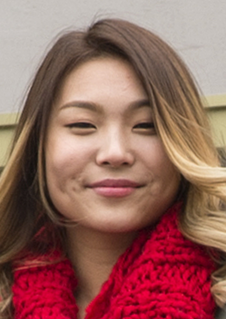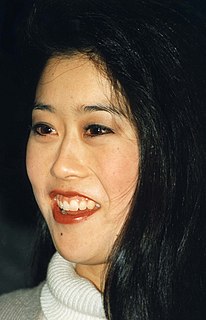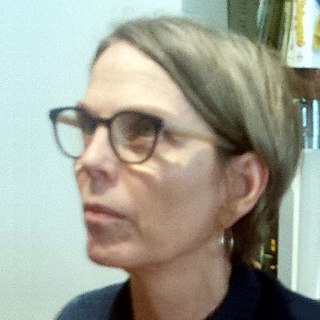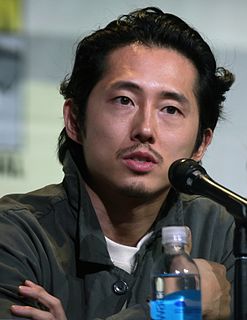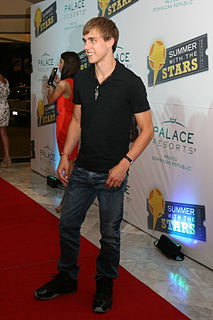A Quote by Amanda Ripley
Most Korean parents saw themselves as coaches, while American parents tended to act more like cheerleaders.
Related Quotes
I'm so used to America, used to the traffic in L.A., and I don't really feel it click with the Korean culture. But obviously, I have a Korean face, and I feel like that's just - you know, I can't walk around people like I'm, like, straight-up American. It's like, I'm Korean American. My parents are from Korea.
I think it's true about people now being closer to their parents, since the '60s, really. The parents are no longer from a different planet, the 1950s ideas of American family. We could be friends with our parents. After the '60s, it wasn't like a person smoking pot was what the parents would be appalled at.
We know that there were so many Japanese American soldiers in World War II who were fighting in Europe despite the fact that their families, their parents were back home in American prison camps. It's savagely ironic that between themselves and the African-American soldiers, who were also segregated and didn't see the fruition of the work the culminated in the Civil Rights Act until the '60s, that these American heroes and their stories are not well known; and the fact that the 442nd/100th became the most decorated unit in U.S. history.
I love Korean food, and it's kind of like home to me. The area that I grew up in outside Chicago, Glenview, is heavily Korean. A lot of my friends growing up were Korean and when I would eat dinner at their houses, their parents wouldn't tell me the names of the dishes because I would butcher the language.
Mothers and fathers act in mostly similar ways toward their young children. Psychologists are still highlighting small differencesrather than the overwhelming similarities in parents' behaviors. I think this is a hangover from the 1950s re-emergence of father as a parent. He has to be special. The best summary of the evidence on mothers and fathers with their babies is that young children of both sexes, in most circumstances, like both parents equally well. Fathers, like mothers, are good parents first and gender representatives second.

